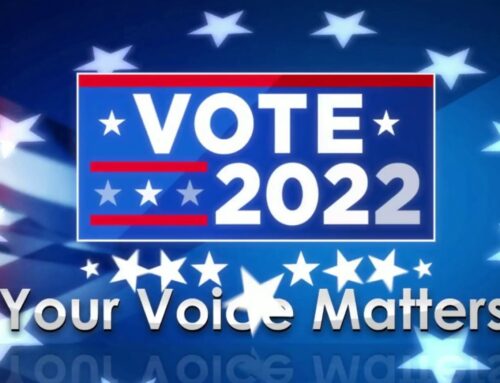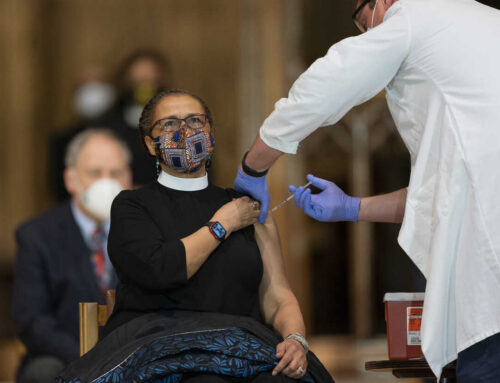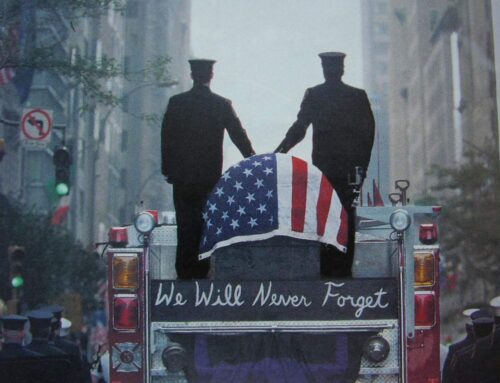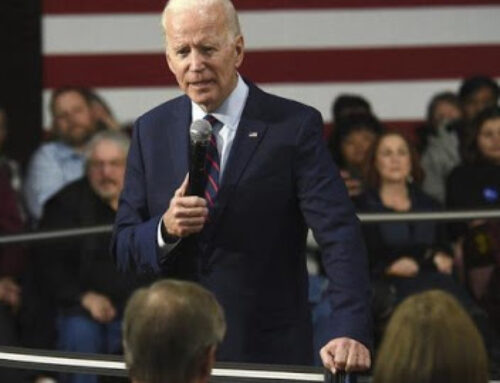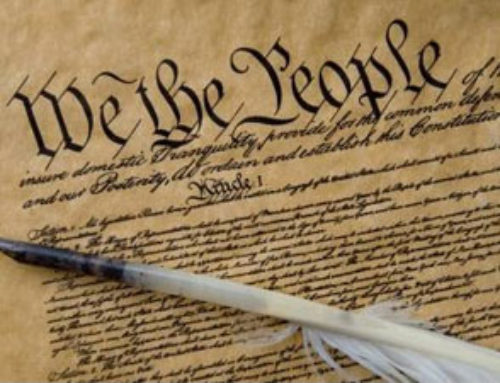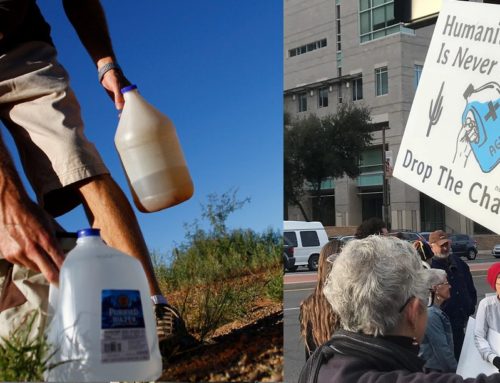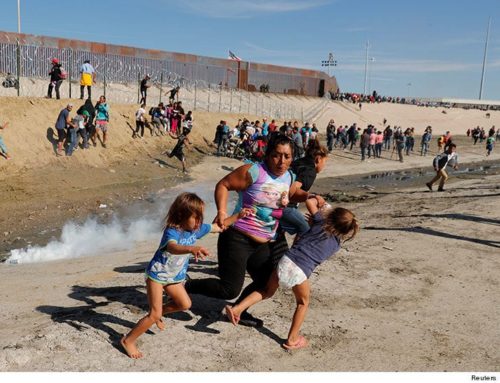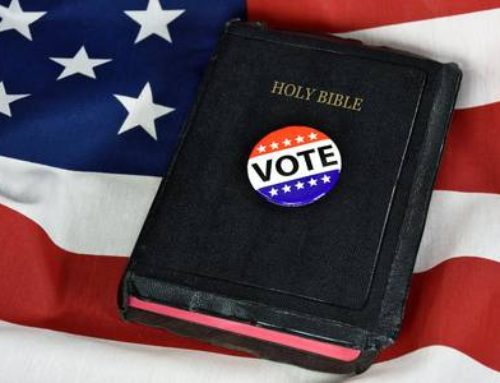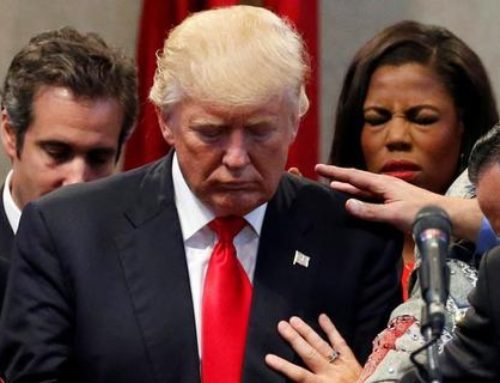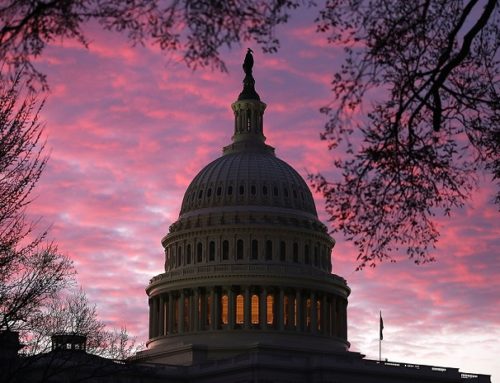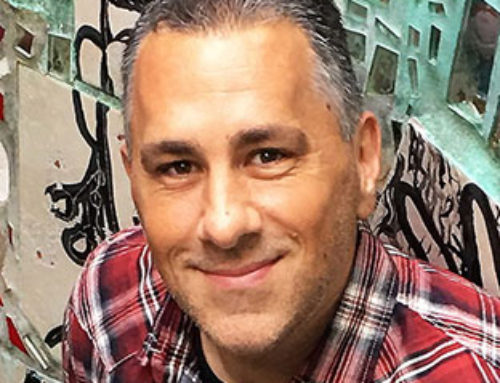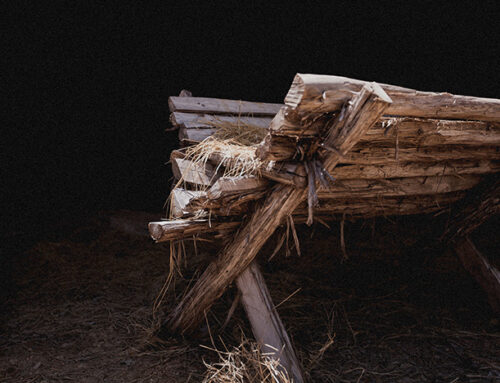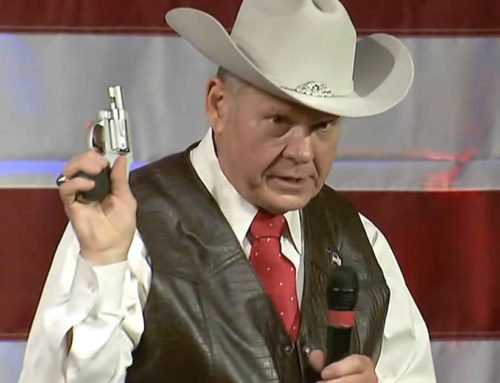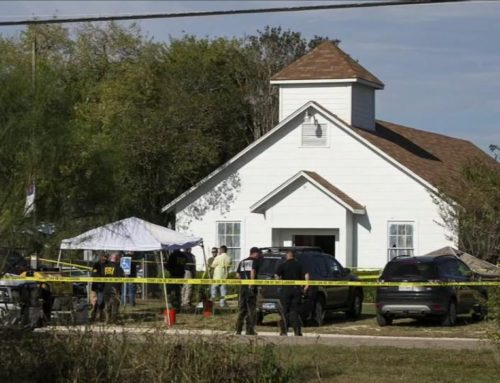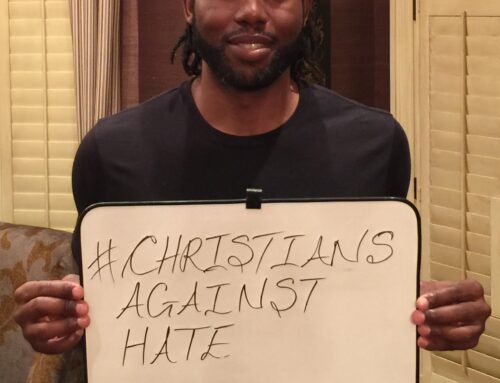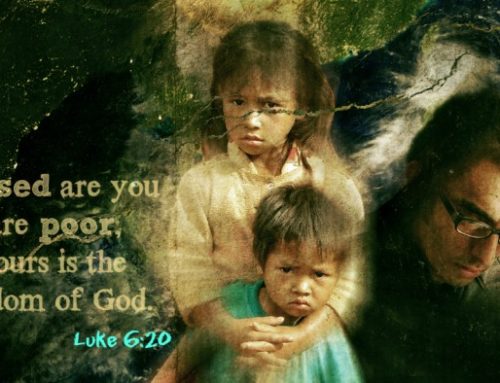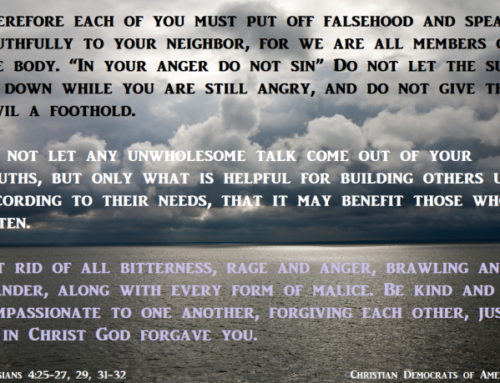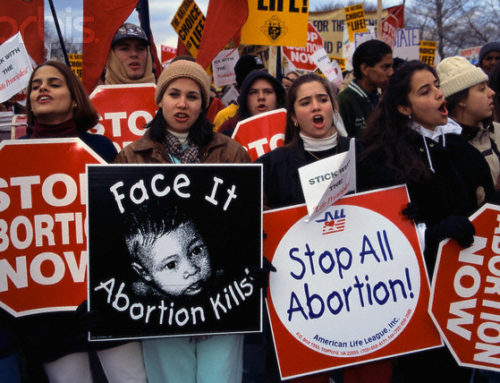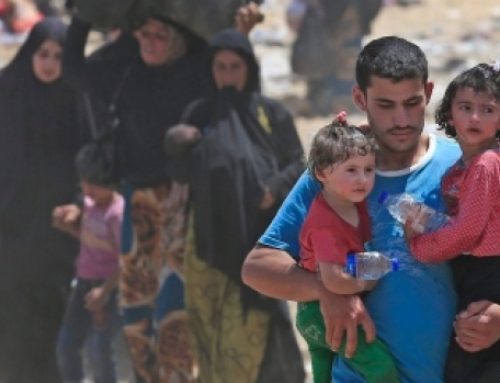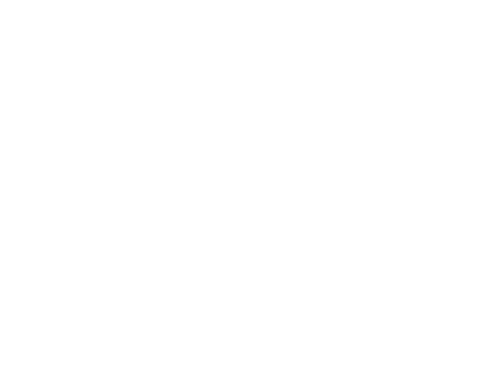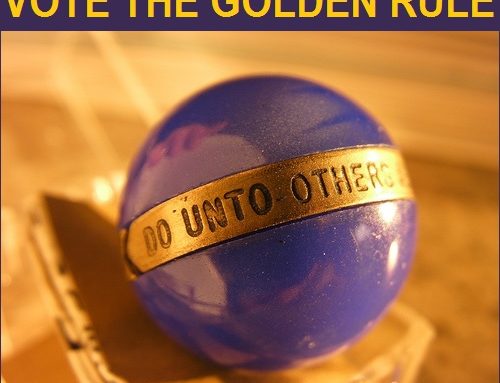 In a very informative Op-Ed in the New York Times this week, Thomas Edsall lays out a study regarding the poverty and class segregation that is happening in the United States. The “bottom fifth” in the United States needs a higher prioritization in our politics. Not only do we need to make greater efforts in getting our lowest income citizens to vote, but to be involved in the process and to see their needs become a higher legislative priority. The scapegoating attacks on the poor and the constant negative stereotyping from the Far-Right against those on government assistance, in low income neighborhoods or families, and the homeless, have helped to fuel and create the trend that is outlined in the article below. So how should believers really see the poor? There are multitudes of scriptures to choose from, but here are just a few…
In a very informative Op-Ed in the New York Times this week, Thomas Edsall lays out a study regarding the poverty and class segregation that is happening in the United States. The “bottom fifth” in the United States needs a higher prioritization in our politics. Not only do we need to make greater efforts in getting our lowest income citizens to vote, but to be involved in the process and to see their needs become a higher legislative priority. The scapegoating attacks on the poor and the constant negative stereotyping from the Far-Right against those on government assistance, in low income neighborhoods or families, and the homeless, have helped to fuel and create the trend that is outlined in the article below. So how should believers really see the poor? There are multitudes of scriptures to choose from, but here are just a few…
Deuteronomy 15:7
“If there is a poor man among your brothers in any of the towns of the land that the Lord your God is giving you, do not be hardhearted or tightfisted toward your poor brother.”
Proverbs 21:13
“If a man shuts his ears to the cry of the poor, he too will cry out and not be answered.”
Luke 14:12-14
“Then Jesus said to his host, ‘When you give a luncheon or dinner, do not invite your friends, your brothers or relatives, or your rich neighbors; if you do, they may invite you back and so you will be repaid. But when you give a banquet, invite the poor, the crippled, the lame, the blind, and you will be blessed. Although they cannot repay you, you will be repaid at the resurrection of the righteous.’ “
James 2:1-13
“My brothers, as believers in our glorious Lord Jesus Christ, don’t show favoritism. Suppose a man comes into your meeting wearing a gold ring and fine clothes, and a poor man in shabby clothes also comes in. If you show special attention to the man wearing fine clothes and say, ‘Here’s a good seat for you,’ but say to the poor man, ‘You stand there’ or ‘Sit on the floor by my feet,’ have you not discriminated among yourselves and become judges with evil thoughts? Listen, my dear brothers: has not god chosen those who are poor in the eyes of the world to be rich in faith and to inherit the kingdom he promised those who love him? But you have insulted the poor. Is it not the rich who are exploiting you? Are they not the ones who are dragging you into court? Are they not the ones who are slandering the noble name of him to whom you belong? If you really keep the royal law found in scripture, ‘Love your neighbor as yourself,’ you are doing right. But if you show favoritism, you sin and are convicted by the law as lawbreakers. For whoever keeps the whole law and yet stumbles at just one point is guilty of breaking all of it. For he who said, ‘Do not commit adultery,’ also said, ‘Do not murder.’ If you do not commit adultery but do commit murder, you have become a lawbreaker. Speak and act as those who are going to be judged by the law that gives freedom, because judgment without mercy will be shown to anyone who has not been merciful. Mercy triumphs over judgment!”
How the Other Fifth Lives
For years now, people have been talking about the insulated world of the top 1 percent of Americans, but the top 20 percent of the income distribution is also steadily separating itself — by geography and by education as well as by income.
This self-segregation of a privileged fifth of the population is changing the American social order and the American political system, creating a self-perpetuating class at the top, which is ever more difficult to break into.
The lack of leverage of those on the bottom rungs can be seen in Pew survey in which dealing with the problems of the poor and needy ranked 10th on a list of public priorities, well behind terrorism, education, Social Security and the deficit. This 10th place ranking is likely to drop further as the gap widens between the bottom and the top fifth of voters in the country.
It turns out that the United States has a double-edged problem — the parallel isolation of the top and bottom fifths of its population. For the top, the separation from the middle and lower classes means less understanding and sympathy for the majority of the electorate, combined with the comfort of living in a cocoon.
For those at the bottom, especially the families who are concentrated in extremely high poverty neighborhoods, isolation means bad schools, high crime, high unemployment and high government dependency.
The trends at the top and the bottom are undermining cohesive politics, but more important they are undermining social interconnection as they fracture the United States more and more into a class and race hierarchy.”



